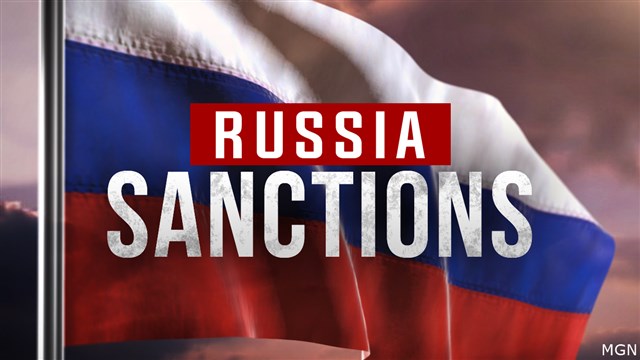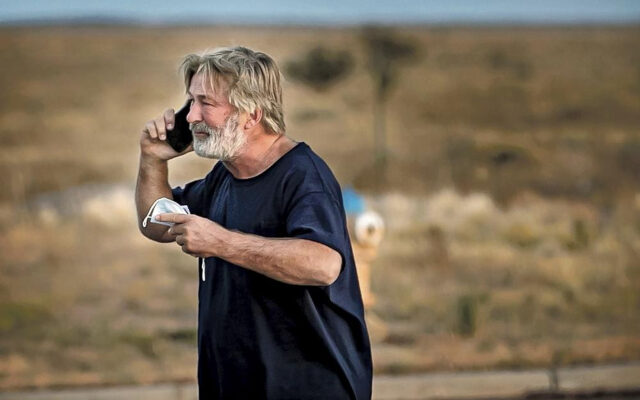Do Sanctions Like the Russian Booze Ban Work?

Stop selling all Russian spirits. That’s the order, from Oregon’s Liquor and Cannabis Commission, to hundreds of local liquor stores.
Even before the O.L.C.C.’s Russian booze ban, Owner Kim Fox at Westmoreland Liquor store in Southeast Portland, was looking at taking Russian- made bottles off her wall. She agrees with its mandate, to pull any of the vodkas that were made in Russia.
The boycott impacts about 5,000 Russian made bottles across the state, in 281 stores. But it doesn’t include some familiar names like Stoli and Smirnoff, which used to be Russian-owned, and no longer are. The OLCC says, it is, “Taking this action as a result of the Russian invasion of Ukraine. Removing these products aligns with other states that have acted to ban the sale of Russian-made products as a part of economic sanctions against Russian-operated businesses. Economic sanctions against the Russian government are designed to bring this conflict to an end.”
Oregon Governor Kate Brown has reflected, “The actions of the Russian Government are not the actions of the Russian people. We value our Russian community here in Oregon, and many Russian families are being impacted by this conflict.”
Experts question whether sanctions like this actually work as intended. Oregon State University Political Science Associate Professor Dr. Sarah Henderson says, “Sanctions don’t necessarily deter behavior. Particularly when it’s an issue of a country’s, what’s defined as a core security interest.”
You Might Also Like



